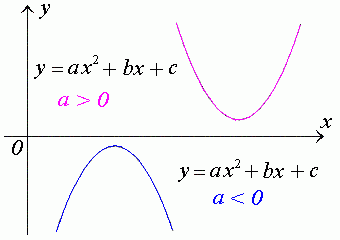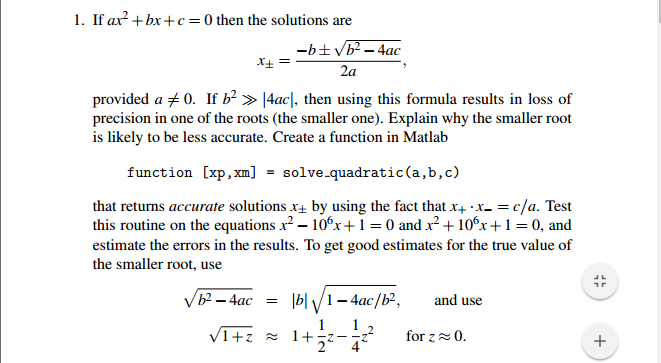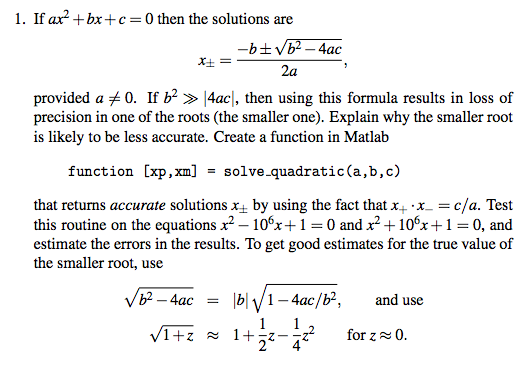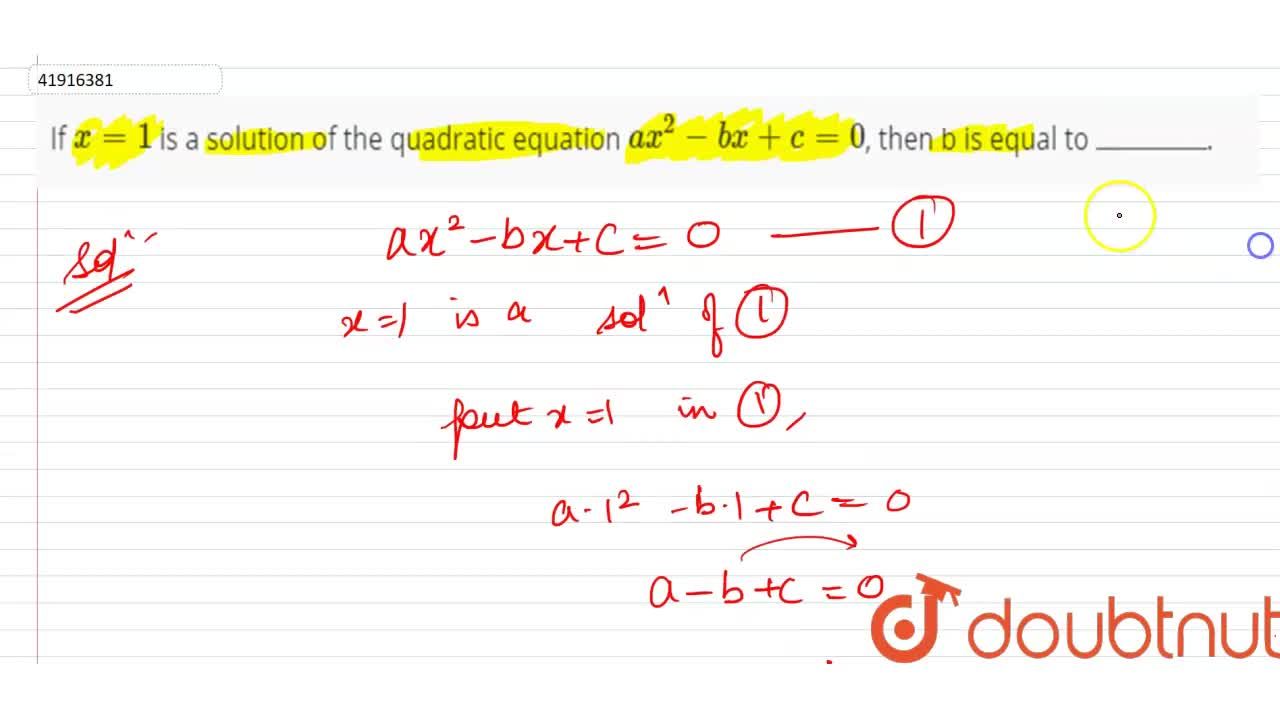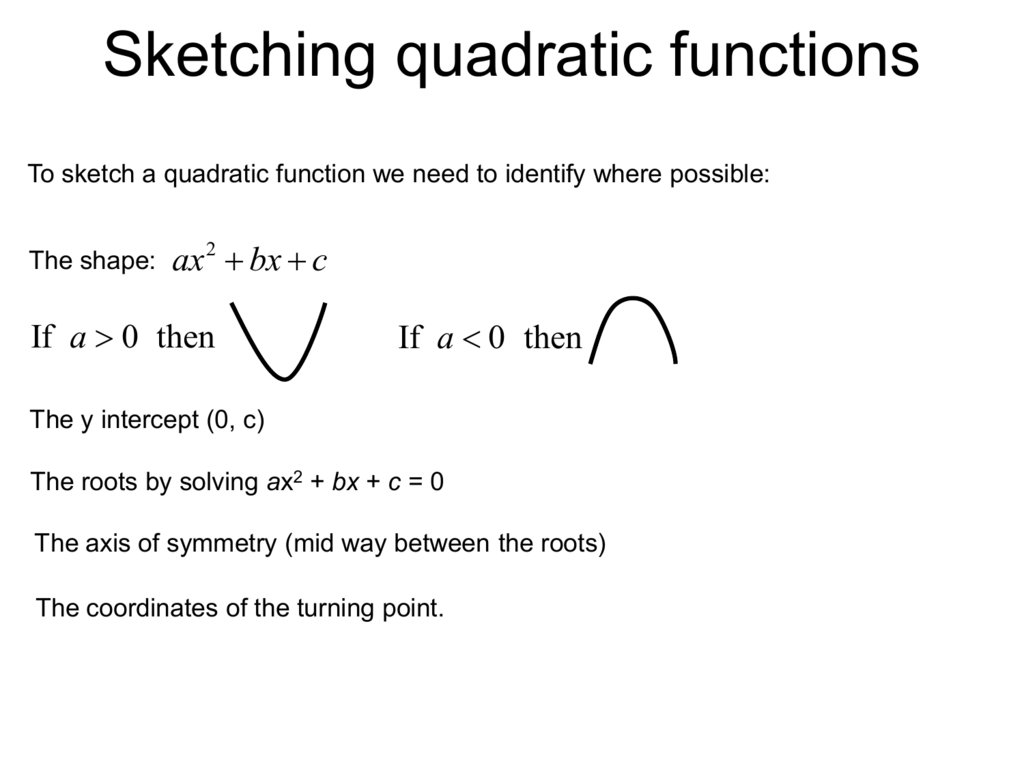
If p(x) = ax2+ bx + c and a + b + c = 0, then onezero isa)-b/ab)c/ac)b/cd)none of theseCorrect answer is option 'B'. Can you explain this answer? | EduRev Class
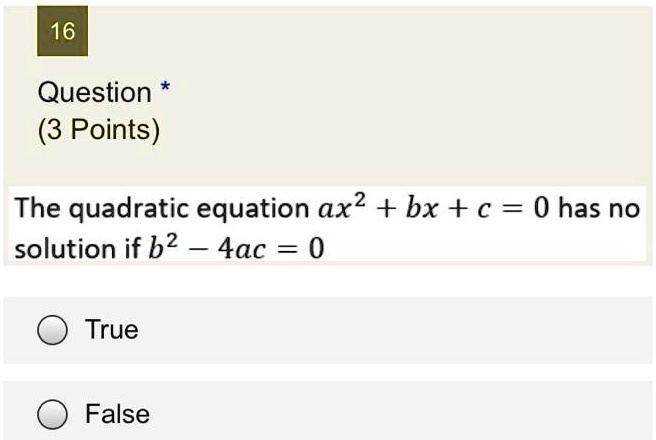
SOLVED: 16 Question (3 Points) The quadratic equation ax2 +bx + c = 0 has no solution if b2 4ac = 0 True False

PPT - Proof of the formula for the roots of quadratic equation ax 2 + bx + c = 0 PowerPoint Presentation - ID:6786538

If the Roots of the equation ax2+bx+c=0 are equal , then find 'c' - Maths - Polynomials - 14260381 | Meritnation.com
.png)
If one root of the quadratic equation ax2 + bx + c = 0 is the square of the other - Maths - - 12051821 | Meritnation.com
S1 : For ax^2 + bx + c = 0 (a ≠ 0) if a + b + c = 0, then the roots are 1 and c/a S2 : If f(x) = ax^2 + bx + c (a ≠ 0) - Sarthaks eConnect | Largest Online Education Community
If the roots α and β of the equation ax^2+bx+c=0 are real and of opposite sign then the roots of the equation α(x β)^2 +β(x α)^2 is/are (1) positive ( 2) Negative (3)
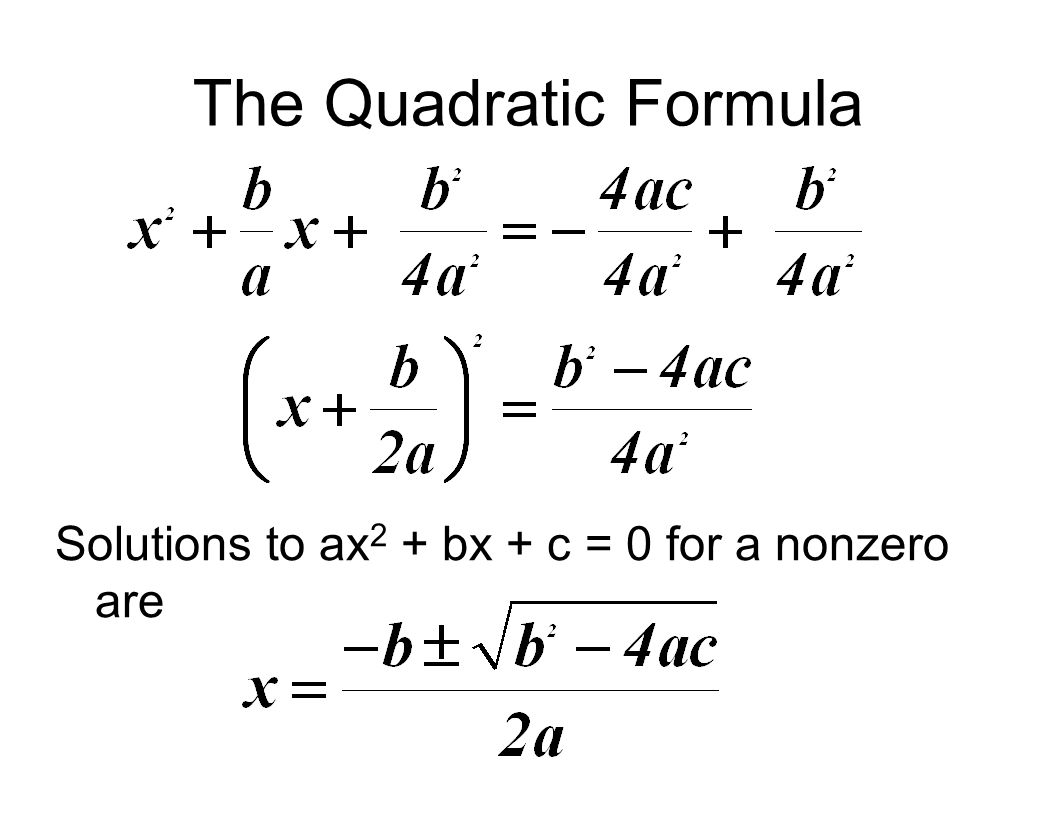
Basics A quadratic equation is an equation equivalent to an equation of the type ax2 + bx + c = 0, where a is nonzero We can solve a quadratic equation. - ppt download
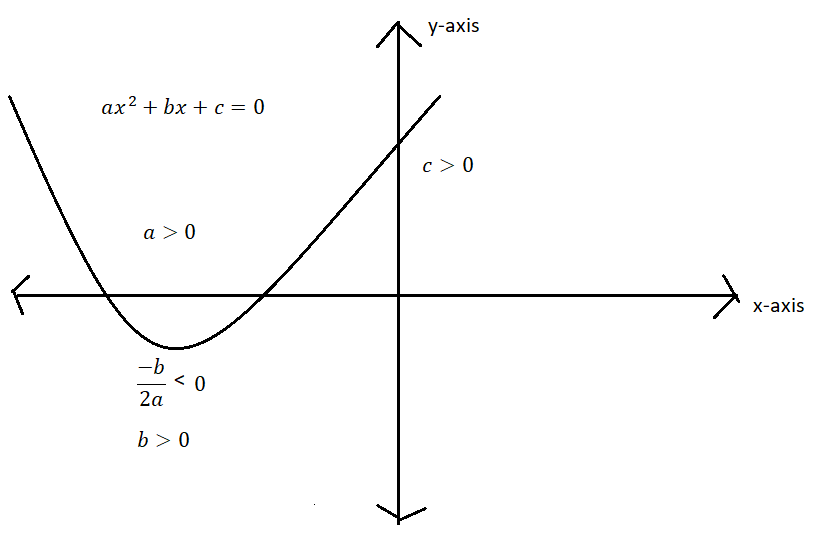
If both the roots of $a{x^2} + bx + c = 0$ are negative, then ${\\text{A}}{\\text{. }}\\Delta {\\text{ 0,ab 0,bc 0}} \\\\{\\text{B}}{\\text{. }}\\Delta {\\text{ 0,a,b,c,have same sign}} \\\\{\\text{C}}{\\text{. }}\\Delta {\\text{ 0,ab 0,ac

The Quadratic Formula The Quadratic Formula can be used to solve any quadratic equation that is in the form ax2 ax2 + bx bx + c = 0 I'll have to write. - ppt download

if a b c are positive real numbers prove that both the roots of ax 2 bx c 0 have negative real parts g99awsff -Maths - TopperLearning.com


